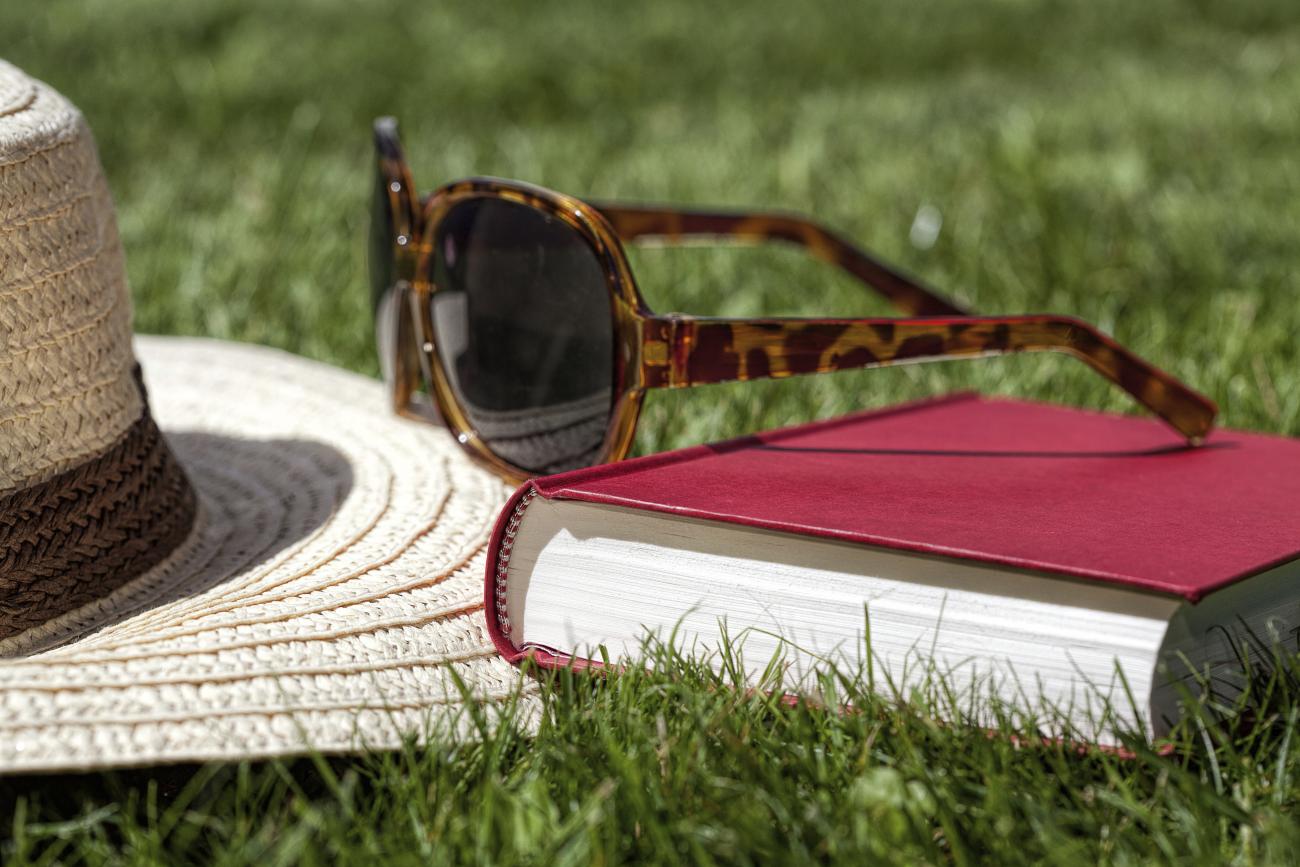
Dr. Kevin Gregory-Evans explains the different ways in which UV exposure can damage our eyes and how to best protect them.
Q: Do you recommend people wear sunglasses? Why or why not?
A: Yes, mainly for comfort, but also for UV protection.
Q: Is it possible to sunburn the eyes or irritate them after a long day out in the sun without protection (e.g. sunglasses or wide-brim hat)? What might symptoms look like?
A: I think you can have problems with daylong sunlight exposure such as headaches, dry eyes, etc. The phrase 'sunburn the eye' though reminds me of why you need sunglasses when skiing. Not just for the glare but it is known that sunlight reflecting off the snow quite literally burns the cornea and conjunctiva. This is the underlying cause of what is called 'snow blindness' which is very similar to the corneal problem welders get if they don't use eye protection while welding.
Q: How does sunlight damage our eyes?
A: Intense, focused sunlight induces heat at the focal point. In the eye, the optics of the lens/cornea focuses light (and hence heat) on the retina (the light sensitive part of the eye that converts light into electrical signals that are passed onto the brain). If the heat generated is excessive then cells in the retina will be killed off. Sunlight damage though is mainly attributed to looking directly at the sun. Hence the warnings to never look directly at eclipses. Sunlight under normal conditions though is unlikely to be harmful to the eye. There is lots of discussion though about whether normal sunlight exposure can accelerate damage in eyes with certain diseases, for instance in macular degeneration (a common form of blindness in Canada). Although these theories are persuasive the direct evidence for this is very scant.
Q: What should I look for in a pair of truly protective sunglasses?
A: The most important factor is ultraviolet protection since longer wavelength light tends to get to the retina more easily. So especially look for UVA and UVB blocking lenses. If you intend to drive or sail, consider polarized lenses which are especially good at filtering side-glare. Colour is important as well, with grey, green or brown lenses causing the least colour distortion. Lastly, style – your choice of style says a lot about who you are!
Q: How might cheap sunglasses be bad for my eyes?
A: In general, cheaper glasses tend not to filter ultraviolet rays as well, although good UV filtration does not require an expensive pair and an expensive pair is no guarantee of good UV protection. Build is also important. Sunglasses are never worn all the time so they tend to be damaged when left lying around. A cheaper pair will break more easily.
Q: To keep my eyes healthy year-round, what foods should I eat?
A: This is an interesting topic because a whole new industry is emerging on the backs of nutritional supplements for eye disease. There is a lot of evidence that vitamin A deficiency can cause retinal blindness. This is unlikely to happen with a normal Western diet unless you have an extremely restricted diet or a malabsorption syndrome (such as cystic fibrosis). There is also some recent evidence to suggest that anti-oxidant supplements can protect against cataract and retina disease. The best way to take these supplements though is unknown. I’d say that foods are better than pill supplements.



